EFFECT OF ACTIVE LEARNING ON THE DEVELOPMENT OF SOFTWARE IMPLEMENTATION COMPETENCE
INTRODUCTION: The Information Technology (IT) industry grapples with a shortage of qualified professionals, particularly in Software Engineering. This deficit reflects global trends in computing fields amid evolving demands for 21st-century competencies. Conventional educational approaches often struggle to meet these demands effectively. Active learning methodologies, like Problem-Based Learning (PBL), offer potential solutions by fostering critical skills such as adaptability and teamwork. Despite their promise, the widespread adoption of these methodologies in Brazilian educational settings remains inconsistent. AIMS: This study explores the development of Software Engineering competencies through active learning at the Pontifical Catholic University of Parana, focusing on software implementation skills. MATERIALS AND METHODS: The research method was a Case Study, based on semi-structured interviews conducted with four professors who use active learning methodology and teach subjects related to project management. The collected data were analyzed using open and axial coding with Grounded Theory and the Atlas.ti tool. RESULTS: Insights from this investigation highlight the potential of active learning to enhance student readiness for professional roles in the IT sector. Professors at the university believe that students require more stimuli to remain engaged, and the PBL methodology contributes significantly to this. Additionally, it has been noted that soft skills are not prioritized in software implementation disciplines, indicating a crucial gap in the preparation of future IT professionals. FINAL CONSIDERATIONS: These findings underscore not only the effectiveness of active learning in developing technical skills but also the need to more deeply integrate essential competencies such as adaptability and teamwork into the academic curriculum. Such conclusions provide a solid foundation for the expansion and continuous improvement of teaching practices in Software Engineering courses, aligning with ethical guidelines and supporting ongoing efforts to innovate IT education.
KEYWORDS: Software Engineering; Active Learning Methodologies; IT Sector Soft Skills; Academic Curriculum




